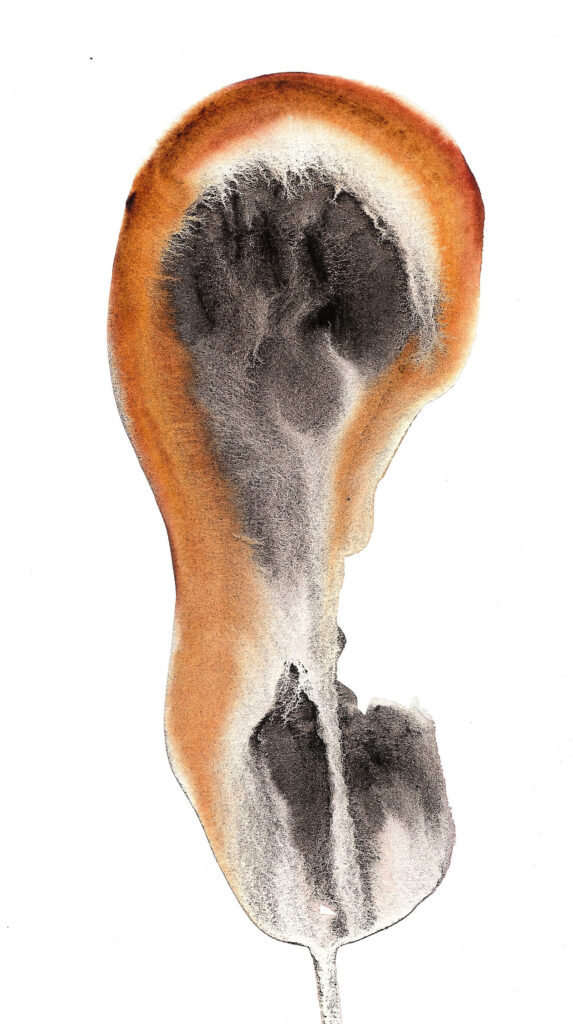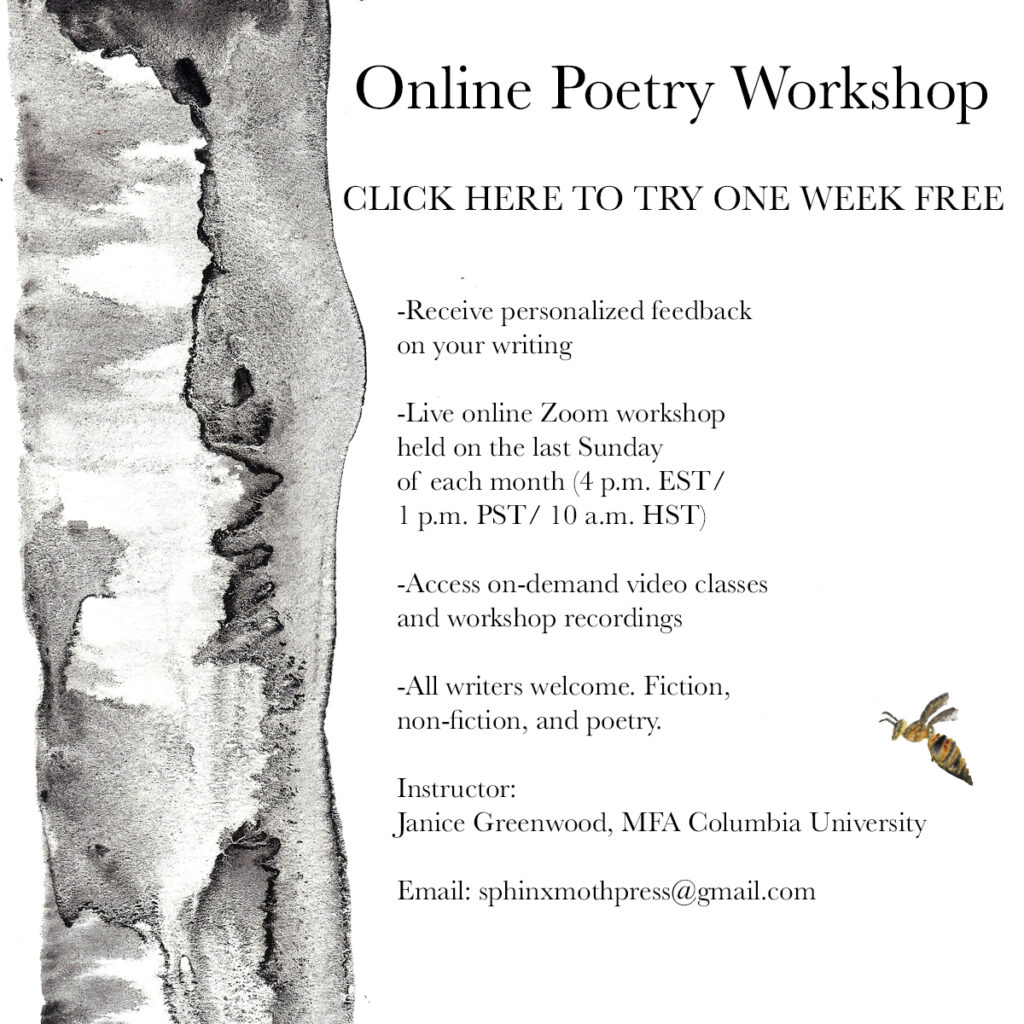Is it possible to write about the meaning of life and happiness in less than ten pages? Anton Chekhov, in his humble story, “Gooseberries” manages to do just that. George Saunders, who teaches short story writing at Syracuse University, like most short story writers, is interested in happiness, the meaning of life, and in how Chekhov pulls it off. In Saunders’s delightful new book of essays, “A Swim in a Pond in the Rain” Saunders tries to articulate just how Chekhov makes the mysterious, luminous, numinous, and magical happen.
“A Swim in a Pond in the Rain,” is drawn from the lectures Saunders delivers year after year to his graduate writing students at Syracuse University in his Russian Literature in Translation class. His writing students, he explains, “arrive already wonderful.” Saunders’s goal is to help them “become defiantly and joyfully themselves.”
Saunders argues that the short story is not a minor art form. It is a form uniquely situated to help us answer the big questions of life: “How are we supposed to be living down here? What were we put here to accomplish? What should we value? What is truth, anyway, and how might we recognize it? How can we feel any peace when some people have everything and others have nothing? How are we supposed to live with joy in a world that seems to want us to love other people but then roughly separates us from them in the end, no matter what?” The short story exists in the perfect balance between the novel and the poem. Like poetry, every word, every narrative movement, every sentence counts. But like a novel, it also has some space to breathe, to digress, even if only for a brief moment, to let us mull in the mud of the mundane, in the numbers of the tax man, in the slow time it takes to cut an apple into slices.
Saunders’s “A Swim in a Pond in the Rain” offers a close reading of some of the best short stories ever written. Saunders’s book is a study on how to read, and also a study on how to read life. It gives readers a glimpse into a writer’s thought process. The title essay, “A Swim in a Pond in the Rain” is a study of Anton Chekhov’s transcendent story, “Gooseberries.” Saunders puts it quite simply that the story changed his life. And yet, he notes, “On its surface, it’s not a story you’d expect to change anybody’s life. Nothing much happens in it…”
I’ll say right here that I don’t always agree with Saunders’s reading of the story. In short form, “Gooseberries” is about two men who, while walking through wide open country (in which windmills can be seen in the distance), get caught in the rain and visit a third friend for shelter. Ivan, the protagonist, says he needs to tell his friend a story before the rainstorm hits. When the two men take shelter with their friend, while eating a delicious meal cooked and served by a beautiful woman, Ivan, the protagonist, tells a story whose moral seems to be this: happiness exists in the world only because poor people are forced to bear the burden of the happy. Even those who are happy are not immune to unhappiness because unhappiness and death visits us all in the end. Ultimately, people shouldn’t bother trying to be happy, but should instead work to do good. All this is well and good, but as Saunders astutely points out in “A Swim in a Pond in the Rain,” Ivan is an unreliable narrator. Even as implores his friends to be good, he indulges in a transcendent swim in a pond, admires the beautiful servant girl (Saunders rightfully notes that every mention of her involves some reference to her beauty with words like “beautiful,” “soft,” “delicate,” and “pretty”), enjoys the delicious food, and delights in the warm shelter his friend provides.
Saunders argues that the protagonist is neither against happiness nor for happiness. He argues that his speech on happiness “seems kind of…grumpy…seems not just anti-happiness but sort of anti-everything.”

I’m not so sure. Ivan isn’t really talking about happiness at all. Happiness occurs in life almost by accident, like a swim in a pond, like a friend who happens to provide you shelter for the night during a rainstorm when you’re on a long journey, like a beautiful man making you a nice meal. (Saunders himself notes later in his reading the accidental nature of happiness: “Happiness is a gift, a conditional gift.”)
Yet, I don’t think this is a story about happiness. Chekhov’s commentary on happiness is an accident, like happiness and pleasure’s accidental nature. What the protagonist is really talking about is the fact that what brings true meaning to life is not happiness, but the good we do to others—and also the bad we leave behind. The meaning of life comes through the marks we leave on the world.
Ivan, the protagonist, is a maker of marks, (and by extension, so are we all maker of marks; this is why the humble farmer friend in Chekhov’s story looks also like an artist and a professor). Even though Ivan’s tale within a tale is told orally, he leaves a mark on his friends. And this is not the only mark he leaves. The story ends with Ivan leaving a stinky pipe on the table that keeps his friend awake. We cannot avoid leaving marks, both good and bad. Ivan’s point is just that—we must strive to do as much good as we can, because we will inevitable unintentionally do bad, and happiness and pleasure is so brief in the end. Happiness is not a mark as permanent as sadness and sorrow. When we act, we need to take this into account.
Chekhov somehow draws all of humanity into the drawing room where Ivan tells his story. There’s the host who looks a little like an artist and a little like a professor, and whose dirt rolls off him in the pond the color of paint and ink. There are the rich ancestors leaning down to listen from their paintings on the wall. There is the beautiful servant girl, the working men—all of humanity.
Chekhov’s “Gooseberries” is also a story about beauty, about the importance of beauty in life, and its nature. The servant girl is, in Saunders’s view, “a reminder that beauty is an unavoidable, essential part of life; it keeps showing up and we keep responding to it, our theoretical positions notwithstanding, and if we ever stop responding to it, we have become more corpse than person.” And the way that Chekhov announces the servant girl’s beauty, without having to describe her at all, is both a comment of Chekhov’s genius and Saunders’s brilliant powers of observation. The men admire her beauty even as she does all the work to make them comfortable, highlighting Ivan’s hypocrisy. If he really believed in upending the system, why not stand up and help the poor girl?
“Gooseberries” is brilliant because it offers us so many potential versions of a good life, in so short a space. Can one live a good life by retreating from the world, living in a country house, eating gooseberries? Can one live a good life by trying to be good, to do good, like the servant girl, who clearly makes those around her happy? Can one live a good life by merely philosophizing on the nature of the good and beautiful? Can one live a good life by doing hard and good work like a farmer or landowner? Each of these possibilities are there.
I love that Saunders describes the rain as a kind of character in the story, a character who makes the protagonists unhappy (when they are caught in the rain), and a character who is locked out of the story at its end. If rain is a force of unhappiness, the men and women at the end of the story are sheltered from the rain. What does it mean in a story about the meaning of life that the characters are (more or less) happy in the end? What does it mean that the shelter itself doesn’t guarantee happiness? Ivan’s friend is disturbed and unable to sleep because of the smell of Ivan’s pipe.
Happiness will never be enough. What will be enough? As Saunders’s notes, the story “keeps qualifying itself until it qualifies itself right out of the business of judgement.”
What I loved most about “A Swim in a Pond in the Rain” was that I felt like I was again inside the classroom. It’s been years since I earned my MFA in poetry at Columbia University, and more years than that since I studied literature at the University of Florida. Saunders’s book is a gift. It reminded me again of why I loved being in those rooms. It reminded me of what it felt to discuss a good story with someone for whom it mattered. My desire to argue with Saunders’s readings is a sign of his strengths as a teacher. A good writer and teacher creates a frame others might be able to fill in with the substance of life, art, and good thinking. A good writer and teacher puts forth premises vast enough to inhabit. A good teacher reminds us that “it is hard to be alive.” A good short story, like life, does not lend itself to one reading. “Every human position had a problem with it. Believed in too much, it slides into error.”
There will never be a point where we can just relax and not think. And Saunders finds comfort in finding in Chekhov a writer with whom we can find “someone confident enough to stay unsure (that is, perpetually curious).”
I have sometimes wished to be like those who could live their lives by a creed; those who decided to give their lives to a single religious precept and live every day under that credo; those who marry one person and live together for the rest of their lives. I am not such a person. “Reconsideration is hard; it takes courage. We have to deny ourselves the comfort of always being the same person, one who arrived at an answer some time ago and has never had any reason to doubt it.” My life has been a constant negotiation and renegotiation of the truth—the truth about myself and the truth the world presents. In other words, I have chosen to stay open. I have left marks both good and bad on the world as a result, and I must live with them.
I loved being able to get back into the classroom, and in the process find a new teacher. What a gift Saunders gives in “A Swim in a Pond in the Rain!”

About the Writer
Janice Greenwood is a writer, surfer, and poet. She holds an M.F.A. in poetry and creative writing from Columbia University.
